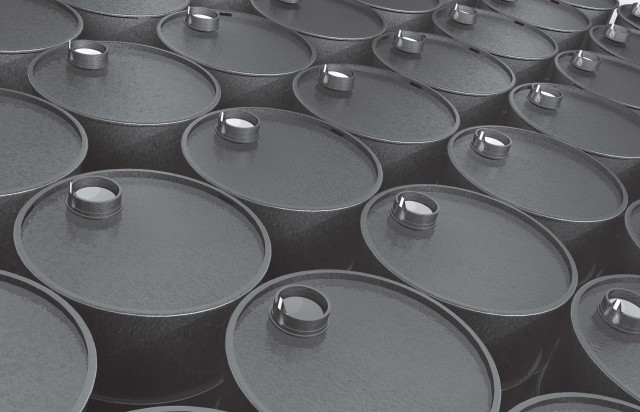Oil imports: Pakistan seeks extended credit terms from Kuwait
Request made during president’s recent trip; KPC invited to build refinery in Pakistan.

In a bid to mitigate the effects of high international oil prices, Pakistan has requested Kuwait to extend its credit terms for oil payments – from the current two month deferral period to six months – and invited Kuwaiti energy companies to set up an oil refinery in Pakistan.
Sources say that a formal request was made during President Asif Ali Zardari’s visit to Kuwait on May 7. Islamabad has also proposed that the state-owned Kuwait Petroleum Corporation, one of the oldest fuel suppliers to Pakistan, set up an oil refinery in the country.
Pakistan is trying to build up its reserves of oil to help ensure a steady supply and stable domestic prices. An increase in domestic refining capacity is also a part of the plan to shore up the country’s ability to withstand external price shocks.
The request for an extended credit period was confirmed by Petroleum Minister Dr Asim Hussain. “We have made the request to the Kuwaiti government during the President’s visit and are now waiting for Kuwait’s response,” he said.
Pakistan gets about one-sixth of its oil from Kuwait, spending close to $2 billion on importing 3 million tons of diesel fuel and 1 million tons of furnace oil. If the country increased its refining capacity, it may be able to substitute some of those imports with cheaper crude oil, which would then be refined domestically.
Kuwait is the only country that supplies oil to Pakistan on a two-month deferred payment plan, an arrangement that the country was able to secure during the severe financial crisis of 2008.
Pakistan’s other major suppliers, Saudi Arabia and the United Arab Emirates, declined to provide a similar facility and have kept their 30-day credit period. Iran had been supplying Pakistan with 45,000 barrels of oil on a three-month deferred payment plan until January 2011, when UN sanctions made it impossible to secure trade financing from global banks for oil imports from Iran.
Officials say that a deferred payment plan relies on the Pakistani rupee remaining stable against the US dollar in order for the plan to result in savings for the country. While the rupee has remained relatively stable for the past two years against the greenback, it lost 29% of its value with breathtaking speed in 2008.
The management of Pakistan State Oil, the largest petroleum marketing and distribution company in the country, is so worried about a depreciation in the rupee’s value causing a deepening of the company’s liquidity crisis that it has asked other oil marketing companies to buy the oil from it on the same credit terms as those on which PSO buys oil from KPC, in an attempt to mitigate its risks in case the rupee suffers another sharp devaluation.
Government officials expect a total oil bill of close to $12 billion for the fiscal year ending June 30, 2011. As unrest in the Middle East keeps global oil prices higher than $100 per barrel, officials estimate that oil imports for the next fiscal year will exceed $14 billion, higher than the government’s target of $11 billion.
The problem is exacerbated by the energy sector’s inter-corporate circular debt, which has caused refineries to operate at 30% below their optimal production capacity, forcing the country to import more expensive refined products rather than cheaper crude oil.
The government has injected Rs120 billion into the energy sector to try to clear up some of the debt, which has helped improve production somewhat, but energy companies remain saddled with hundreds of billions of rupees in outstanding payables and receivables.
Published in The Express Tribune, May 23rd, 2011.



















COMMENTS
Comments are moderated and generally will be posted if they are on-topic and not abusive.
For more information, please see our Comments FAQ